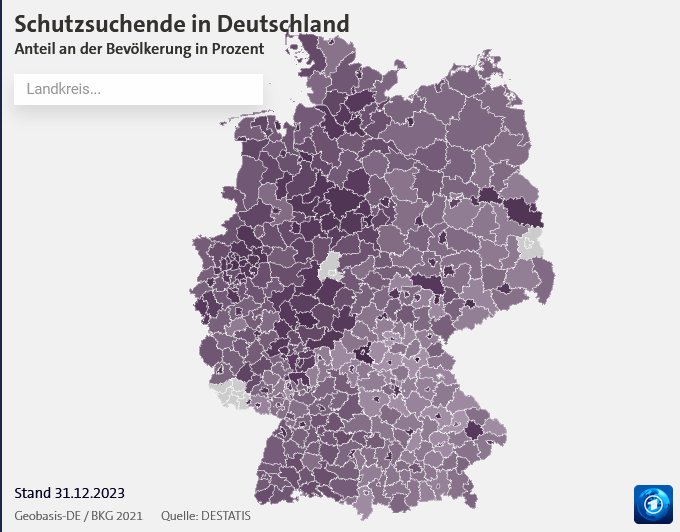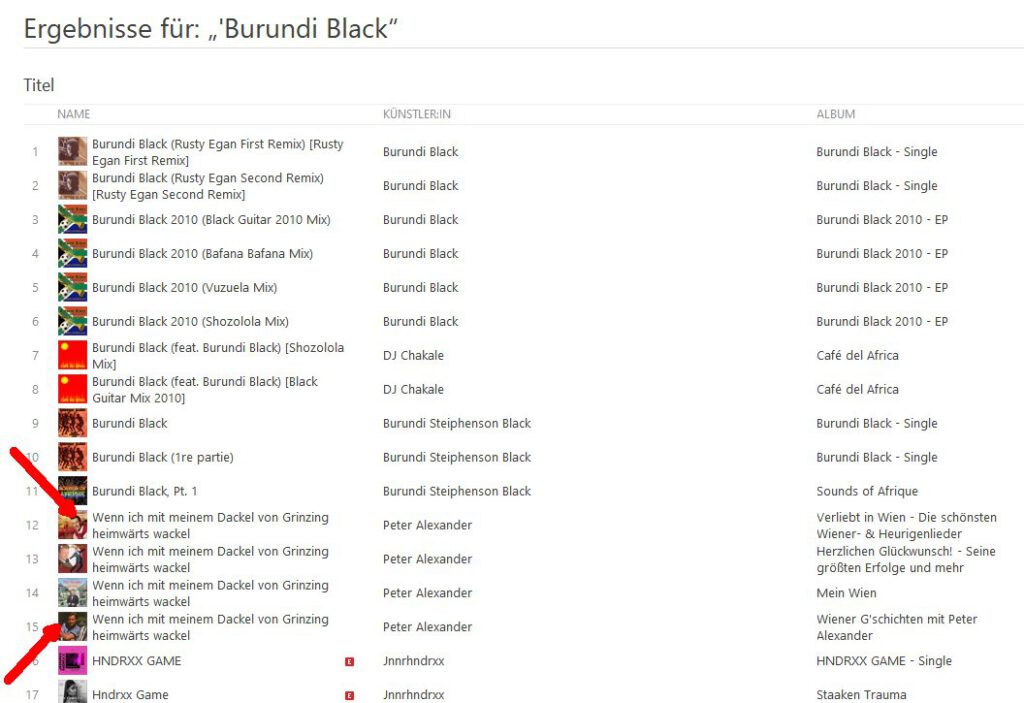Heute noch habe ich daran gedacht, wie ich in ein paar Tagen mit Lilo dort auf den Weihnachtsmarkt gehen werde – viel größer, bunter als hier. Und heute dieser traurige Abend. Mir tun alle Betroffenen leid, Kinder, Eltern, Großeltern – egal, egal auch woher: Magdeburger, Ukrainer, Syrer, und ja auch Saudi-Arabier, wenn sie darunter sind.
Bis jetzt weiß ja noch niemand, was wirklich passiert ist: Terror oder Amok? Apropos: noch nichts genaues heißt bei BILD “Mindestens (!) 11 Tote”. Nun ja, zumindest nicht zu jenem Zeitpunkt, und hoffentlich nicht noch im Verlaufe der Nacht oder nächsten Tage.
Eines aber scheint mir doch sicher: die AfD-Oberen stoßen schonmal an auf noch ein paar Prozente mehr. Wahrscheinlich schwebt Alice Weidel morgen im Krisengebiet ein und “klärt die Lage”. Immerhin steht in Kürze eine Wahl an.
In einer anderen Gruppe fragte jemand “Was sind das nur für Menschen, die sowas machen”. Nun ja, im Moment wissen wir ja noch nicht mal genau, was passiert ist, was die Motive sind. Aber wenn es Tod und Terror aus ideologischen (=religiösen) Motiven sein sollte, dann sind das Menschen, wie eben auch viele in jener AfD, für die nämlich gilt: nur ihr Weltbild zählt. Die Nazis aus Halle (nicht weit von Magdeburg), die letzte Woche in Berlin ein SPD-Mitglied zusammengetreten haben, sind durchaus auch solche Menschen. Der Bruder meines Opas, SS-Mitglied soweit ich weiß, war demnach wohl auch so ein Mensch – quasi Staatsterrorist, der anderswo hinzog in offiziellem Auftrag, um Tod und Terror zu bringen. Gar nicht solange her, ich hätte ihn kennen können. Arschlöcher sind sie alle.
Mich bewegt, was in Magdeburg passiert ist, natürlich; es erinnert mich auch daran, dass anderswo Leute wie ich, wie meine Tochter/Eltern/Freunde … damit leben, dass “sowas” täglich oder wöchentlich über sie hereinbricht. Die Namen sind bekannt: Ukraine, Syrien, Palästina, Israel, Sudan, Somalia, Mali … und einige schaffen es hierher, schauen, wie sie hier in diesem konfusen zwanghaften nicht übermäßig freudvollen System zurechtkommen. Und dann kommen noch ein paar Arschlöcher mit, die sich zu den hiesigen Arschlöchern quasi dazugesellen. Ich befürchte, dass es meine sehr guten syrischen und iranischen und und und Studis nochmal schwerer haben werden in der Zukunft, mit nochmal mehr Misstrauen und schrägen Blicken klarkommen müssen. Das scheint mir, leider, fast sicherer als jede Info über das Geschehen in Magdeburg, die in den nächsten Stunden verbreitet wird.


